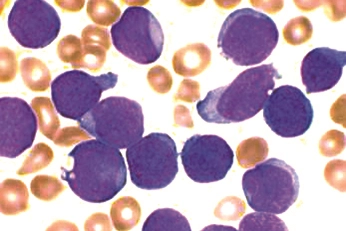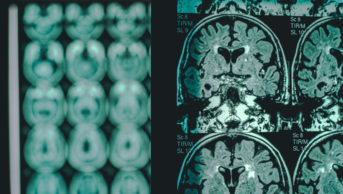
James Grellier / Wikimedia Commons
A clinical trial testing a new immunotherapy to treat cancer, which was stopped in July 2016 after three patients died and was restarted again, has been suspended for the second time following another death.
Biopharmaceutical company Juno Therapeutics, based in Seattle, Washington, announced on 23 November 2016 that its Rocket trial has been put on hold after two patients suffered cerebral edema. One of the patients died and the other was not expected to recover, the company said in a statement.
Juno is now working with the US Food and Drug Administration, which is responsible for evaluating the safety and efficacy of medicines in the United States, and the data and safety monitoring board to decide what next steps to take.
The phase II JCAR015 trial, which was first launched in June 2015, is testing so-called ‘T therapy’ in the treatment of adult patients with relapsed or refractory B cell acute lymphoblastic leukaemia.
In T therapy, a patient’s T cells are genetically engineered to produce special receptors on their surface called chimeric antigen receptors (CARs), which allow the T cells to recognise a specific protein (antigen) on tumour cells.
In a statement, Juno said: “The company is assessing data from the cases and the trial and is evaluating its options regarding the JCAR015 programme.
“Plans for its other CD19-directed CAR T cell product candidates, including JCAR017, are not affected.”


